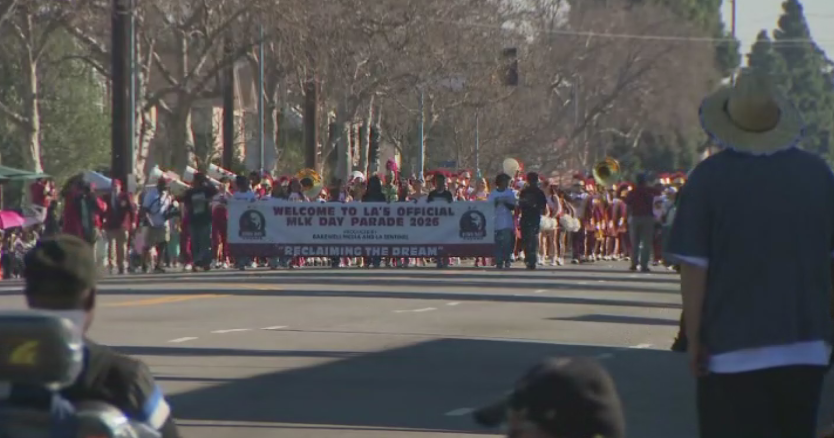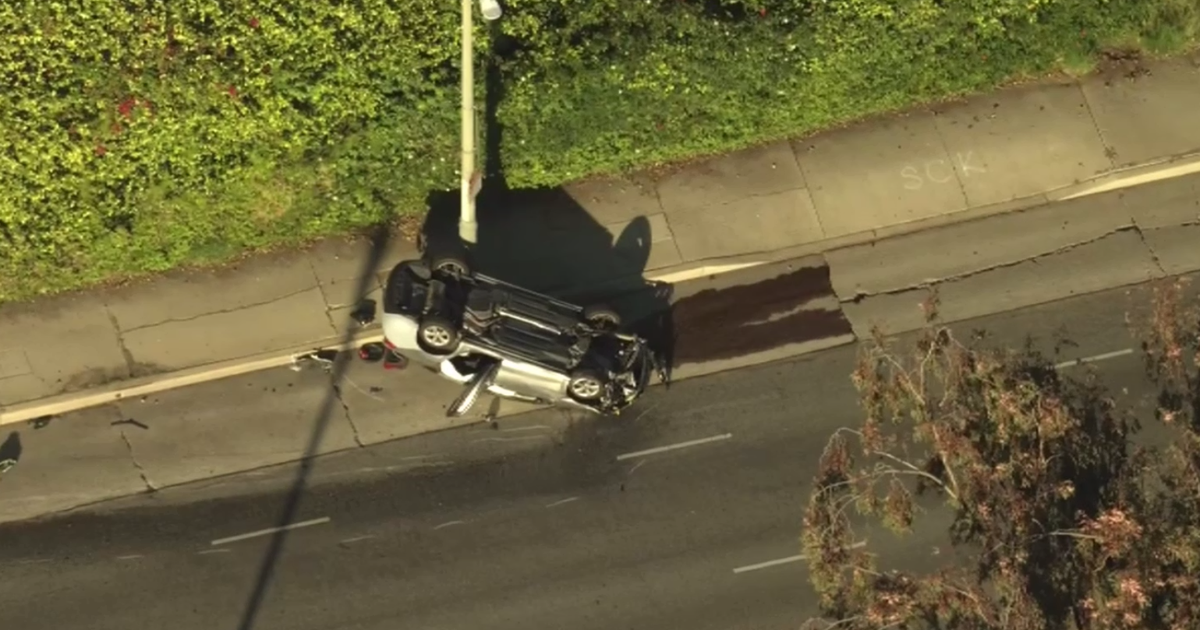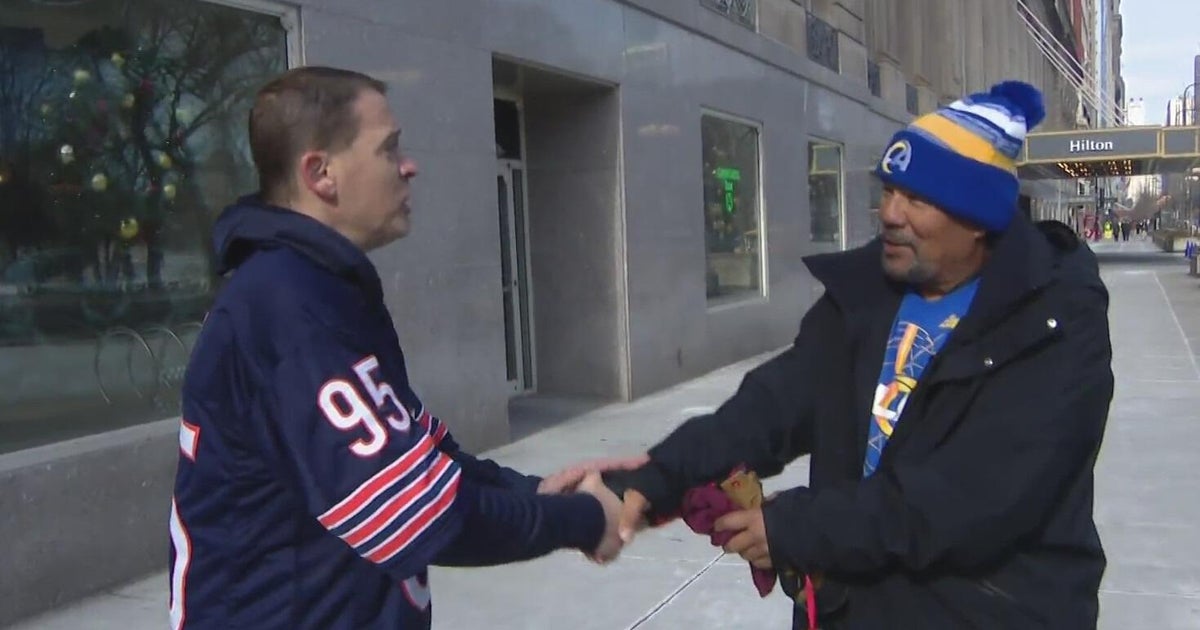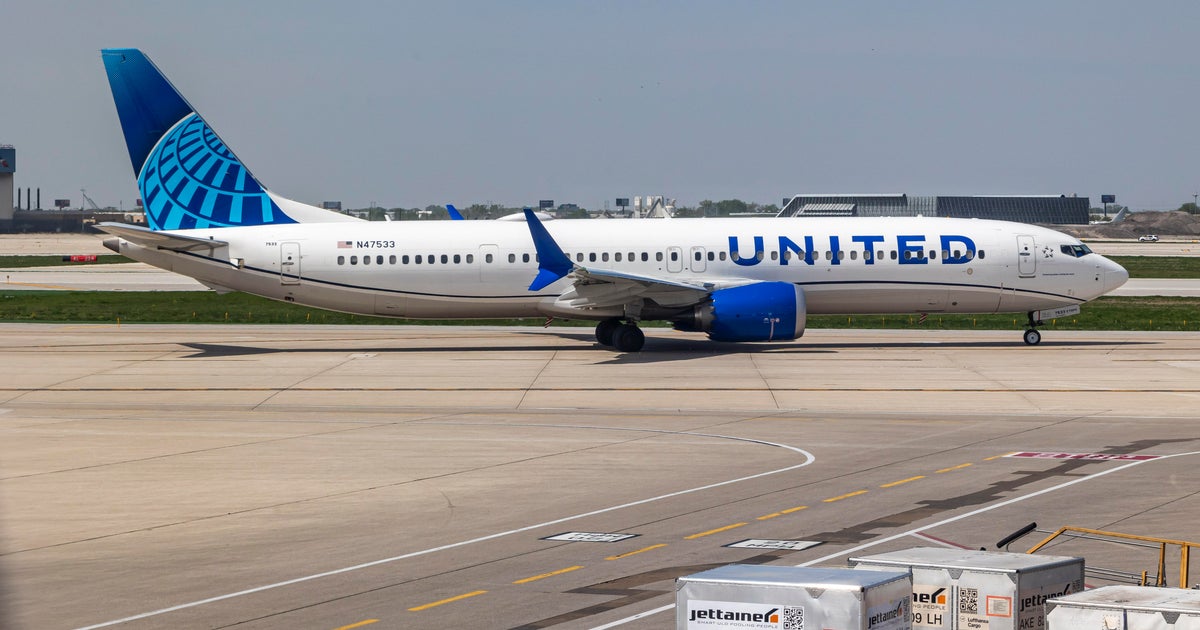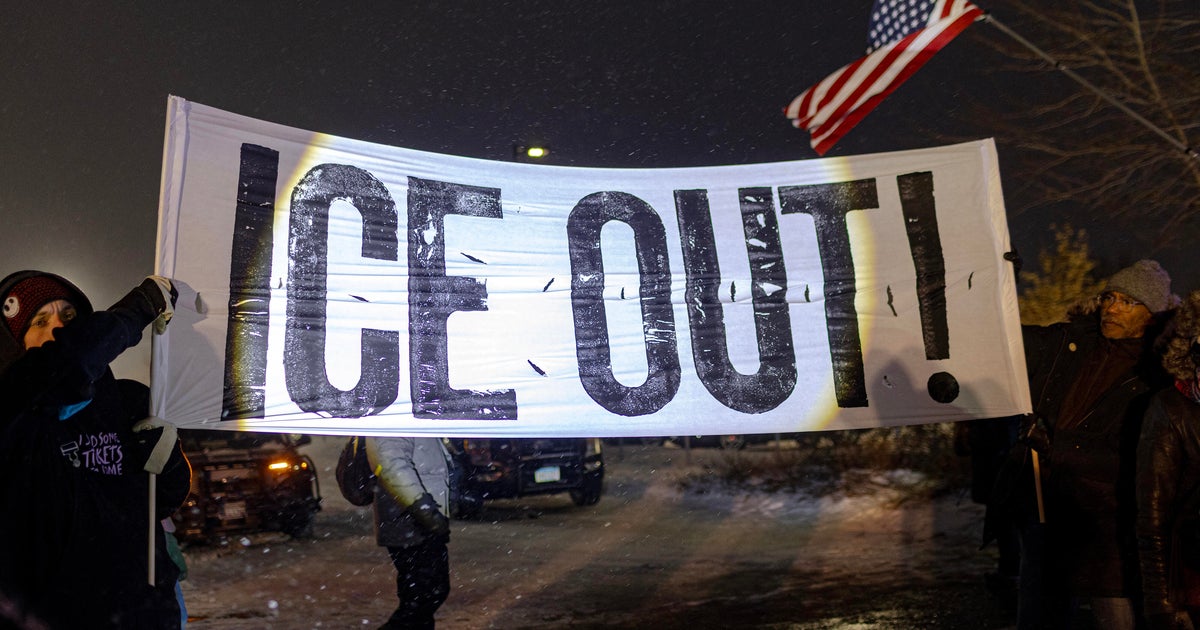Real-Life 'Goodfellas' Mobster Henry Hill Dies In Los Angeles Hospital
LOS ANGELES (AP) — Henry Hill spent much of his life as a "goodfella," believing his last moment would come with a bullet to the back of his head. In the end he died at a hospital after a long illness, going out like all the average nobodies he once pitied.
Hill, who went from small-time gangster to big-time celebrity when his life as a mobster-turned-FBI informant became the basis for the Martin Scorsese film "Goodfellas," died Tuesday at age 69, longtime girlfriend Lisa Caserta told The Associated Press on Wednesday.
Hill had open heart surgery last year and died of complications from longtime heart problems related to smoking, she said.
"He was a good soul towards the end ... he started feeling remorseful," she said.
An associate in New York's Lucchese crime family, Hill told detailed, disturbing and often hilarious tales of life in the mob that first appeared in the 1986 book "Wiseguy: Life in a Mafia Family," by Nicholas Pileggi, a journalist Hill sought out shortly after becoming an informant.
"Henry Hill was a hood. He was a hustler. He had schemed and plotted and broken heads," Pileggi wrote in the book. "He knew how to bribe and he knew how to con. He was a full-time working racketeer, an articulate hoodlum from organized crime."
In 1990 the book, adapted for the screen by Pileggi and Scorsese, became the instant classic "Goodfellas," starring Robert De Niro, Joe Pesci and Ray Liotta as Hill, a young hoodlum on the make who thrives in the Mafia but is eventually forced by drugs to turn on his criminal friends and lead the life of a sad suburbanite.
The film became a constantly quoted pop cultural phenomenon that provided the template for the modern gangster story.
In the book and the film he talks about hard it was to lead an ordinary life after years steeped in gangster glamour.
"I had paper bags filled with jewelry stashed in the kitchen. I had a sugar bowl full of coke next to the bed. Anything I wanted was a phone call away," Hill says in the film. "Today, everything is different. There's no action. I have to wait around like everyone else. Can't even get decent food. Right after I got here I ordered some spaghetti with marinara sauce, and I got egg noodles and ketchup. I'm an average nobody. I get to live the rest of my like a schnook."
Unlike older Mafia tales, which focused on family and honor, "Wiseguy" and "Goodfellas" mostly dwelled on how utterly awesome it was to be in the mob — on the gangster as rock star — at least until the life caught up with you.
"As far back as I can remember, I always wanted to be a gangster," Liotta, as Hill, says in the movie. "For us to live any other way was nuts."
Born in Brooklyn to an Irish father and an Italian mother, Hill's life with the mob began at age 11 when he wandered into a cabstand across the street in 1955 looking for work. He soon knew the life of these silk-suited soldiers was for him.
He began running errands for the men at the stand that soon led to small-time crimes. He was first arrested at age 16 for using a stolen credit card in an attempt to buy tires for the brother of gang leader Paul Vario, and impressed the gang leaders for refusing to squeal on them.
Far bigger crimes awaited, including the 1967 theft of $420,000 in cash from the Air France cargo terminal at JFK airport in New York, among the biggest cash heists in history at the time.
And in 1978, Hill had a key role in the theft of $5.8 million in cash from a Lufthansa Airlines vault, a heist masterminded by Jimmy Burke, the inspiration for De Niro's character in "Goodfellas."
"Whenever we needed money, we'd rob the airport," Liotta says in the movie. "To us, it was better than Citibank."
But the crew involved in the heist would soon turn on each other, and several would end up dead, leaving Hill extremely paranoid he could be next, he later told Pileggi.
He was also selling drugs behind the back of his boss, Vario, and in 1980 was arrested on a narcotics-trafficking charge.
More afraid of his associates than prison, Hill decided he had no choice but to become an informant, and signed an agreement with a Department of Justice task force that would prove more fruitful than anyone imagined.
"The arrest of Henry Hill was a price beyond measure," Pileggi wrote." ''Hill had grown up in the mob. He was only a mechanic, but he knew everything. He knew how it worked. He knew who oiled the machinery. He knew, literally, where the bodies were buried. If he talked, police knew that Henry Hill could give them the key to dozens of indictments and convictions."
Hill's testimony sent dozens of men to prison, many for the Lufthansa heist, and he and his wife Karen, played by Lorraine Bracco in the movie, went into hiding together, spending years fearing retribution by a gun to the back of his head from his old colleagues.
In the early 1990s, after more drug arrests, Hill was booted from the witness protection program.
His fears for his life waned as many former associates died off, and he led a more public life in later years, appearing in documentaries and becoming a popular call-in guest on Howard Stern's radio show.
His death was first reported by the celebrity website TMZ.
His struggles with substances would continue for most of his life. In 2008 he pleaded guilty in San Bernardino, Calif., to two counts of public intoxication. In 2009, he was arrested in an Illinois suburb of St. Louis on charges of disorderly conduct and resisting arrest.
"I've been on every drug humanly possible, and I can't get a handle on alcohol," he told The Associated Press in 2009. "I'll go two, two and a half years, and I don't know what triggers me."
Hill summered in Southern California at an extremely modest one-story house in the Topanga Canyon area of the Santa Monica Mountains, with an expansive backyard view of the San Fernando Valley.
Sitting on the back porch, Caserta, 52, and her son, Nate, 24, described the contemporary Hill as a man who maintained a mobster's air of self-assurance and confidence but regretted his gangster past.
An avid painter who contributed his artwork to auctions, he gave money to causes ranging from local police cadets to the homeless, and every Thanksgiving for five years he would dish out food to the poor, said Caserta and her son.
She said Hill was not impressed by wealth or celebrity.
"He had it all twice," she said, referring to his years as a gangster and later as a celebrity.
Her son added: "He cared about family. He didn't care about all that stuff."
Caserta said that Hill, who also had a home in Connecticut, is survived by three sisters, a brother, three children and four grandchildren. She said she could not give their names because they are in witness protection.
Funeral plans were being arranged
